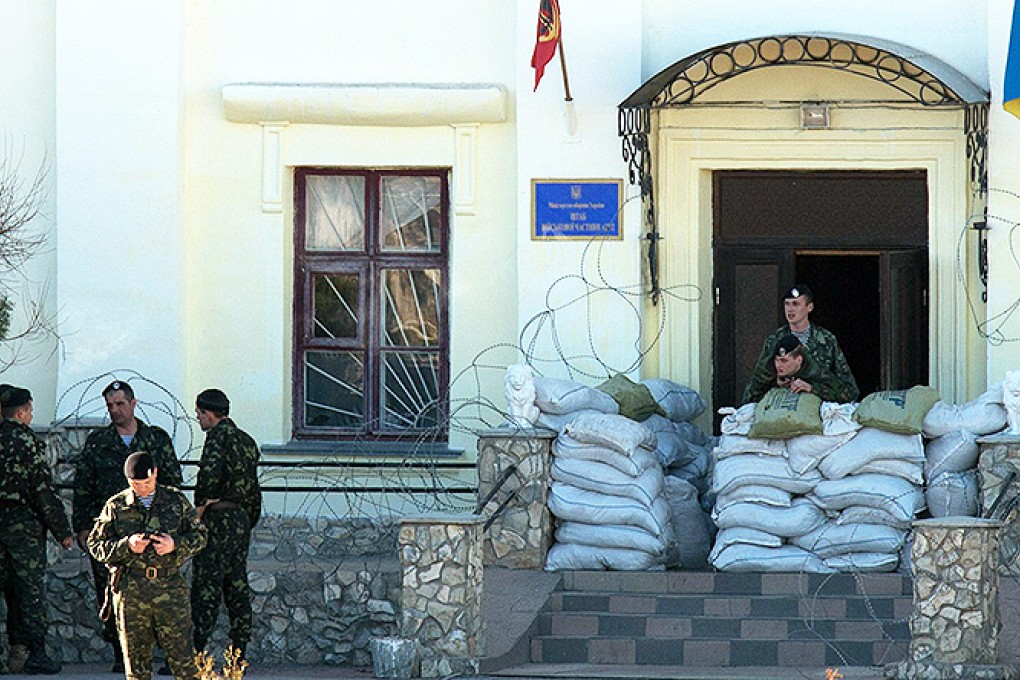Last thing China needs is more Russian border instability
Tim Collard says tacit support for Putin's Crimea move raises questions

The current contretemps over Ukraine and Crimea has brought Chinese strategic foreign policy to an unforeseen crossroads. China has hitherto made an absolute principled commitment to the sovereignty and territorial integrity of nations.
Whether one sees the events in Crimea as a forcible Russian land grab or as a democratic transfer of sovereignty (following the clear majority in the secession referendum on March 16), this clearly goes against principles that China has consistently upheld.
However, it seems that Russia's move enjoys a degree of tacit support from China. Russian Foreign Minister Sergei Lavrov has claimed this openly.
While China's official pronouncements have been confined to warning outsiders (that is, the West) against "interference" and "provocation", it is clear that China considers geopolitics, in the shape of its understanding with Russia, more important than adherence to formerly espoused principles.
In the days when China held itself largely aloof from the affairs of the world beyond Asia, and concentrated solely on relations with governments within the UN network, it was still possible to sit pat on the Five Principles of Peaceful Coexistence: mutual respect for sovereignty and territorial integrity; mutual non-aggression; non-interference in other's internal affairs; equality and mutual benefit; and, peaceful coexistence. But not when this would result in the isolation of Russia, with whom a degree of informal alliance against Western "hegemony" still remains.
What does this community of interests really consist of? Economic links are far less significant than one might expect between two such enormous countries.
There is energy, but pipeline projects have been slow in development, China has more promising potential partners, and Russia's Far East is short of alternative markets. China is surely more interested in achieving a modus vivendi of mutual respect and mutual economic benefit with the West than in reviving the 1949-1960 phase of the cold war.